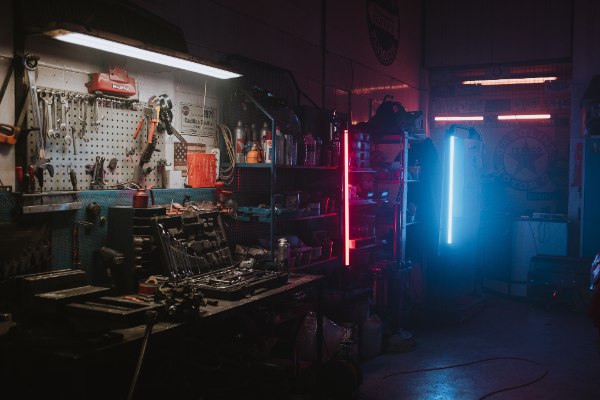Properly Storing Flammable Materials in the Home

Have you ever given any thought to the many flammable materials in and around your home? Gasoline, propane, nail polish remover, and cleaning chemicals just scratch the surface. With the right conditions, these items can become highly combustible. For this reason, safety should be paramount. We’re sharing a few tips on how to store flammable materials at home. Taking stock of these products can go a long way in preventing fires, poisonings, and explosions.
How to Store Flammable Materials
Carelessness can have devastating consequences for your safety and well-being. Follow these tips on storing combustible items around your property.
1. Use Proper Containers
You may find yourself aiming to save space by consolidating solutions or moving them to a different container. In terms of flammables, this can be a bad idea. You should only store products in their proper, original containers. Avoid using milk jugs, Tupperware, cans, or any other vessel. Choose a Factory Mutual (FM)-certified containers for household combustibles.
2. Keep Out of Reach
Homeowners often store flammable items in the garage, basement, laundry room, or under the sink. This is ill-advised though.
Only keep combustible liquids in well-ventilated areas that are not attached to your main living area. Close proximity to equipment could generate a spark. Avoid close contact and open flames. This includes your car, cigarettes, washers and dryers, HVAC systems, hot water heaters, and electrical power tools.
To take it a steep further, combustibles should also be safely stored to avoid poisoning and injury. Curious children and pets are often unwitting victims when you don’t take the right measures.
3. Regulate the Temperature
Keep flammables out of high or direct heat, whether indoors or outside. A suitable solution is to build a storage cabinet, or purchase a flammable liquid locker.
Safe Storage of Flammables is Crucial
As a homeowner, you have a duty to properly store flammables. Doing so keeps your family and your property safe, while also avoiding the need for fire restoration services later.
